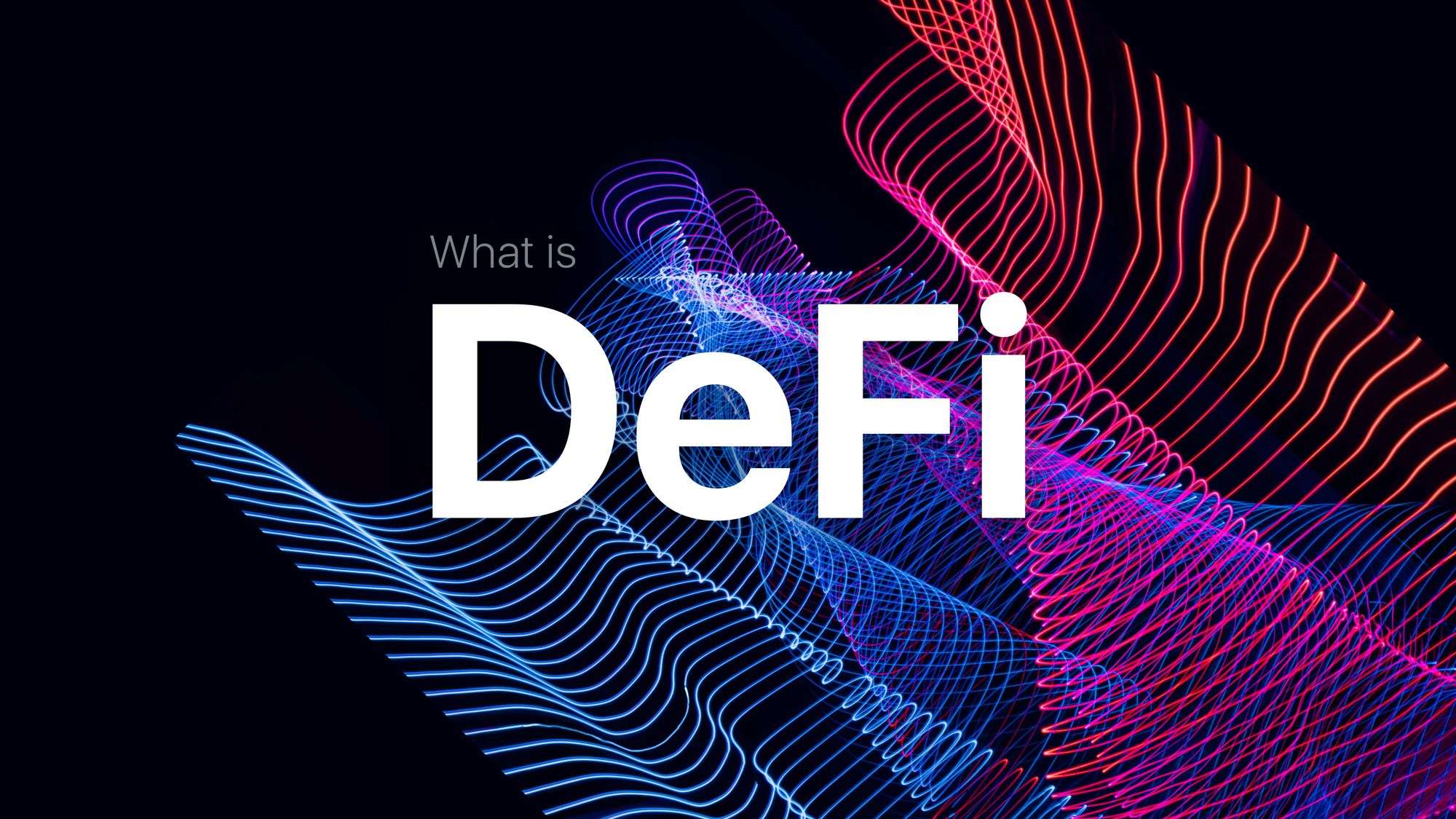Decentralized finance (DeFi) uses blockchains to facilitate transactions. Instead of traditional financial instruments like bonds, stocks, and mutual funds, decentralized finance uses smart contracts. These smart contracts run on a blockchain, such as Ethereum. These contracts are managed by foundations that are affiliated with, but not controllers of the network. By using decentralized finance, you can save money and avoid the costs associated with dealing with traditional financial institutions.
The basic idea behind decentralized finance is that a network of people provides ways to lend and borrow money based on the concept of peer-to-peer networks. Moreover, these networks are not centralized, making them highly flexible, with advantages over centralized finance including lower transaction rates, higher interest rates, and increased transparency as each transaction is broadcasted and verified by other users on the network. In addition, anyone with a crypto wallet or internet connection may access DeFi applications built on Ethereum, regardless of their geographic location.
Currently, financial services are not accessible to everyone globally. This is due to the fact that financial institutions cannot provide the infrastructure necessary to distribute financial services. The existing infrastructure cannot reach the vast majority of the world’s population. However, decentralized finance can solve these problems by providing an alternative infrastructure. It can also work on a peer-to-peer network. For this, you should be familiar with the tools required to interact with decentralized applications.
While decentralized finance is slowly catching up to the traditional financial system, it’s already on its way to becoming mainstream. As time goes on, the power to create and operate financial services will become more democratized. It will become the next wave of finance, one that is fast, secure, and available for everyone.
Types of Defi Applications
There are many different DeFi applications, such as crowdfunding, lending, and investment. Each of these applications has unique characteristics, and they each serve a specific purpose. These types of applications are growing in popularity due to the unique characteristics of blockchain technology.
Internet users can participate in these services with a decentralized financial ecosystem, free of rent-seeking intermediaries and centered permission structures. While there are still many challenges to implementing these new services, they have already shown a remarkable amount of potential value to consumers. Blockchain is well on its way to revolutionizing finance, with innovative DeFi applications developing in various industries.
One of the most important use cases for decentralized finance is borrowing. Users can lend their cryptocurrency to a lending pool and earn interest. Today, many applications pair borrowers and lenders to eliminate trust issues. In addition to loans, borrowers can use a DeFi application to borrow any type of asset in an undercollateralized fashion. Ultimately, these applications have the potential to revolutionize financial services and make banking much more accessible to the general public.
Decentralized finance is also very popular in online marketplaces. These online marketplaces allow users to exchange products and services directly without relying on third parties. DeFi lending applications are a growing trend in finance. They aim to democratize the lending process by allowing a wider pool of lenders to access their services.
The Future of Decentralized Finance
The emergence of decentralized finance and its underlying technologies are gaining traction in the financial world. While the industry is largely idealistic, many of the innovations it contains are practical and applicable.
Decentralized finance is rapidly becoming an essential part of the financial services industry, with many people relying on it to meet their financial needs. It also gives users a lot more freedom and flexibility.
Another revolutionary feature of decentralized finance is its open-source philosophy. Decentralized finance systems are open for anyone to use. The idea is similar to the notion that the internet did not kill the print industry and that the emerging technology will not wreak havoc on existing financial services. Instead, it will provide an opportunity for traditional financial services to focus on their unique structural advantages and source liquidity from decentralized protocols.
Decentralized finance can open up access to capital and funds to individuals who otherwise wouldn’t be able to use them. In addition to making access to capital easier, the technology can also help the government make financial policy more liberal due to the open-source code that Ethereum and DeFi protocols run on which is available for anyone to view, audit, and build upon. Aside from making access to capital more accessible, decentralized finance has the potential to make the financial system a better place for everyone.
Cut Out Your Frustrations
I’m sure some of us have felt frustration when working with a centralized bank before. Whether having to deal with multiple intermediaries when sending a wire, low-interest rates averaging well under 1%, lengthy verification processes, or being unable to invest in certain assets due to a lack of accreditation. These institutions control our money through their systems and processes and have become very profitable as a result. Decentralization provides an opportunity for individuals to take back the power from centralized corporations and governments over their finances.
Through the use of decentralized finance, you can buy tokens representing shares of a project or fund. When these projects succeed, they reward their investors with profits from the sale of goods and services and dividends will be paid out by the company itself. You will also be able to sell your tokens in an exchange if there is a buyer who believes in the future success of this project more than you do.
With each of these transactions, users will have the benefit of financial security and transparency. They will have the ability to unlock liquidity and growth opportunities and support an accessible, resilient, integrated, and standardized economic system. Decentralized finance still has enormous growth potential. For the first time ever a financial system is developing without intermediaries at a large scale. Its current progress is astonishing, producing applications that have already managed to attract billions in capital to be used to develop more competitive and user-friendly applications for the future.



